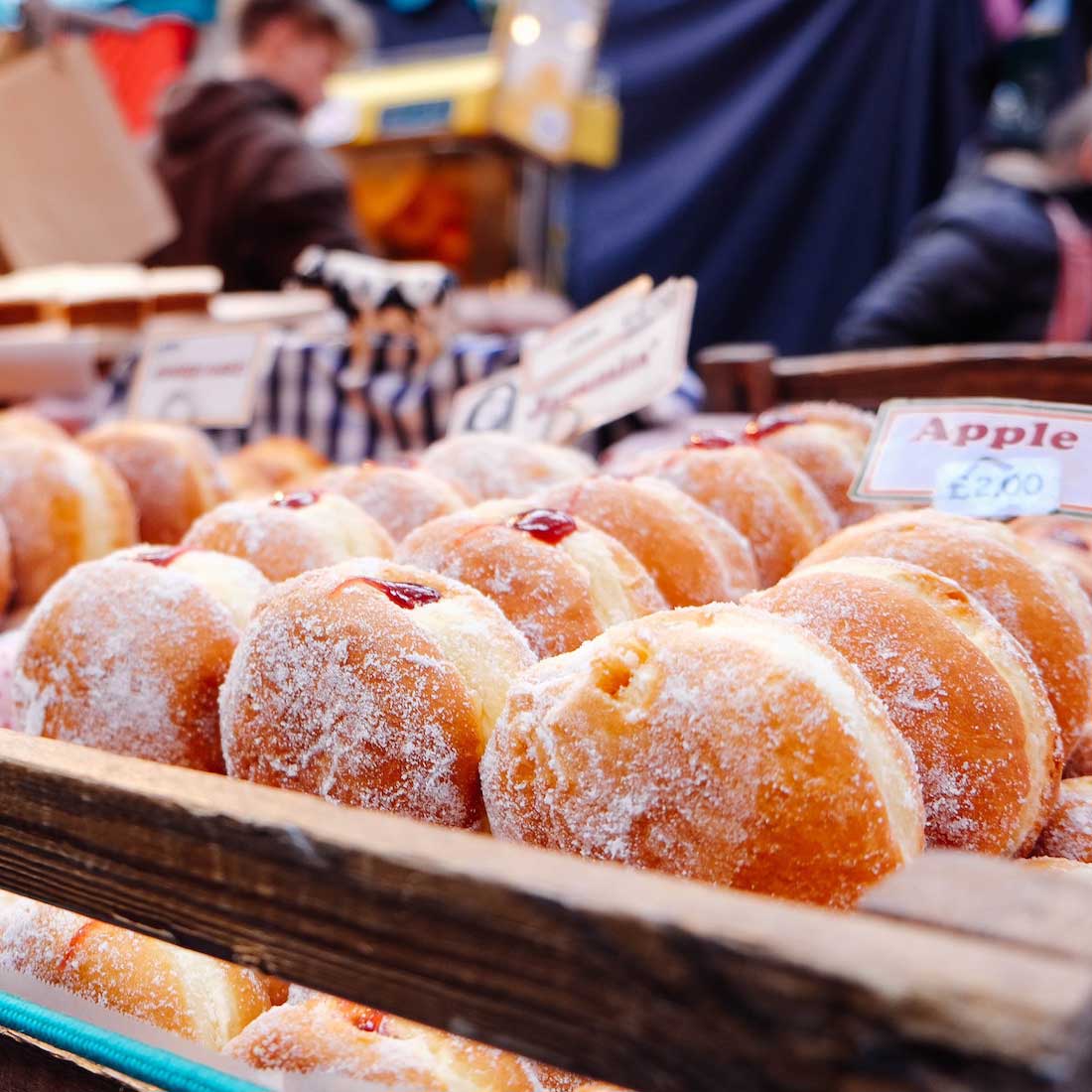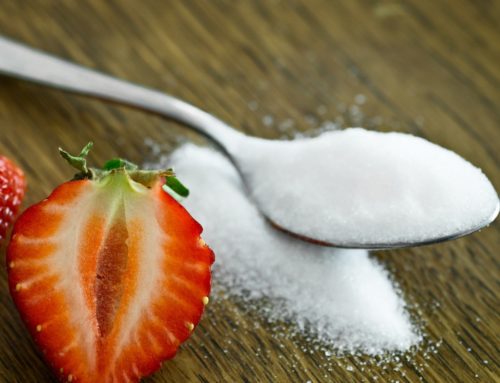We would all do well to consume fewer sweets.
The average North American eats 150 pounds of sugar each year. Two hundred years ago, it was only 2 pounds per year. Here are facts that still make me pause: sugar is as addicting as cocaine and triggers the same reward center of the brain.
Most Sugar Detoxes Don’t Work
‘Juice cleanses’ or ‘temporary sugar prohibitions’ are fads and not backed by science.
If you’ve ever tried to lose weight by not eating dessert for a month, abstaining from pizza for thirty days, or the like, you’ll understand why most sugar detox plan don’t work. Moderation, as with most other endeavors, is the key. If you try to eat nothing sweet for a long period of time, you’ll crave sweetness and likely crack and binge on sweet treats. This is just how we’re built.
There are blogs out there that recommend you eat much more of one food group than another. Some suggest you eat more meat and nothing sweet at all for thirty days. Dramatic diet changes like these will likely do more harm than good. Eating a diet that does not spike your blood sugar for 5 -7 days is one way to reset your tastebuds around sugar. For example: avoid refined grain products, sugary sweets and desserts, and reach instead for vegetables, lentils, beans, fruit and the protein foods. Eat small amounts five times a day during this time so your blood sugar does not drop. Or gradually reduce your sugar intake and reset your taste buds.
The Problem with Sugar
Your risk of heart disease goes up1 if you eat more sugar, even if you aren’t overweight.
In the past, doctors warned their patients to stay away from sugar mostly because of the ’empty calories’ concept. Sugar contains very little other nutrients, so calories you consume from sugar don’t contribute to your well-being.
Dr. Lustig, MD, a UCSF pediatric neuroendocrinologist, argues the concept of empty calories is a step in the right direction but doesn’t completely explain the problem. From his findings, sugar isn’t like other foods2. Your body doesn’t react the same way to calories from fructose in sugar compared to calories from other foods. Fructose is worse. Because of the biological feedback cycle fructose starts in your body, a hundred calories of sugary foods will make you more obese than a hundred calories of most other foods. The takeaway? Avoid sugar.
New studies are showing that sweet flavor itself triggers some of the same problems as sugar does- even if there are no calories.
The Sugar Detox That Works
1) Replace sugar with small amounts maple syrup, honey or stevia. Most other sweeteners are better for you than table sugar. Here’s a note of caution: avoid artificial sweeteners.
2) Have fruit for dessert. Blend a frozen banana with a spoonful of milk. That makes pretty tasty soft-serve ice cream.
3) Use fresh dates. If you’ve never tried fresh dates, grab a box at the grocery store. Blend them up and use them to sweeten something you don’t mind having some fruit pulp in.
4) Sweeten your food yourself. Make your own ice tea and add honey. Odds are you won’t add as much sweetener as food manufacturers will.
5) Don’t drink your sugar. Soda and energy drinks are some of the largest sources of sugar in the American diet.
How are you cutting down on sugar? Share your tips in the comments!




